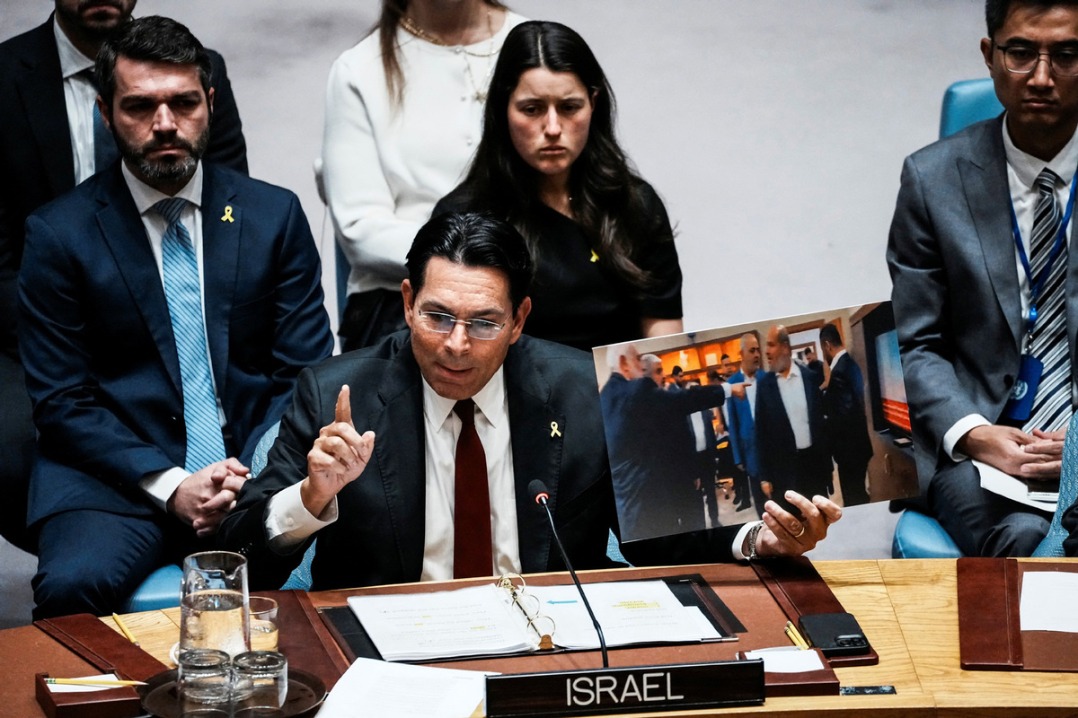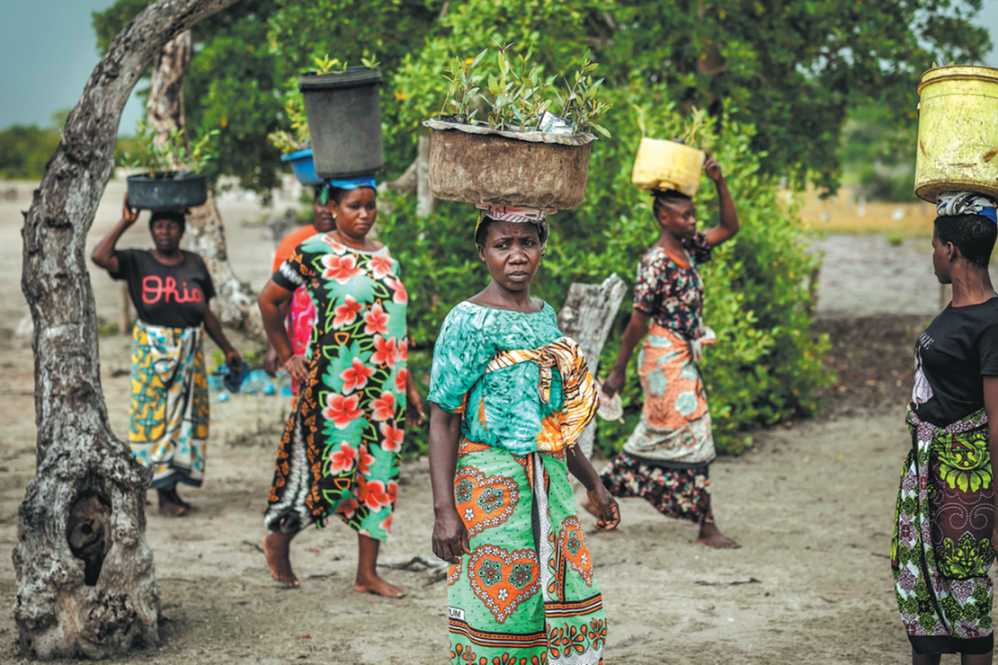China-Brazil cooperation leads world to better use of biodiversity: Experts

With almost two months remaining until COP30, a symposium held in the Brazilian capital, Brasilia, promoted discussions about the relationship between society and forests, as well as how to build on the conference that will take place in Belem, Brazil. The event highlighted that cooperation between China and Brazil could lead the world toward a new economic dynamic with better use of biodiversity.
Mirey Atallah, chief of the Adaptation and Resilience Branch, Climate Change Division at the United Nations Environment Programme, opened the symposium by reflecting on the rise in the planet's temperature and the necessity for all types of solutions to this problem. She argued that cooperation among nations from the Global South is key to combining economic development with tackling climate change.
"China and Brazil scientists and research institutions are really breaking new ground, and we are very honored to be in the background of that process," said Atallah.
Pan Ming, director of the ecological environment bureau in Huzhou, added to Atallah's remark, saying that "forests are the lungs of the planet and biodiversity is the foundation of life and the basis of human survival and development".
"Brazil is one of the most biodiverse countries in the world. China, too, is vast and rich in biodiversity," he noted.
For Andre Andrade, director at the executive secretariat of the Brazilian Ministry of Environment and Climate Change, COP30 presents an opportunity to implement programs that focus on tackling climate change and the energy transition beyond fossil fuels. He called this conference the "implementation COP", but argued that it's a challenge to permanently establish forests and climate on the agendas of national and foreign governments.
Forests underlined
The executive director of COP30, Ana Toni, emphasized that environmental preservation is a recognized necessity for sustainable food production. Aligned with this idea, the symposium discussed land use. One of the debated subjects was the increase of native forests on farms as one of the solutions for climate change.
Andre Guimaraes, executive director at Amazon Environmental Research Institute, used Brazilian soybeans as an example. He asserted that production is elevated closest to native vegetation. During panel discussions, it was mentioned that Brazil faces challenges in mobilizing some local governments and food producers, implementing sustainability rules and combating forest fires.
Xue Huidan, a scholar at Beijing University of Technology, said that imports of Brazilian soy to China have increased significantly since 2018, and the current moment is very "favorable" to grow trade between the countries. However, she argued that it could increase deforestation and declared that "China has been sharing its regulations with Brazil" to deal with this issue.
Lu Qi, chief scientist at the Chinese Academy of Forestry, noted that "China has the largest restoration program". For him, "both nations have similar challenges of environmental development, but also can create opportunities for society and policymakers to work collectively, sharing knowledge about restoration as well as the damage made by human activities. Therefore, they can jointly address climate change, biodiversity and other obstacles together".
Li Zhiqing, a scholar of green finance at the Fudan University in Shanghai, declared that "to protect the environment is to secure people". He explained that China has applied very strict ecological protection policies and also conducted research on green insurance. One study was about compensation for damage caused by wildlife.
Lu Zhi, founder of Peking University's Center for Nature and Society, pointed out that reforestation is still a challenge in the world, because "the value of biodiversity is not internalized" yet. She said that China has worked hard over the past 40 years and has changed its protocols to increase native species and biodiversity.
Lu also highlighted the Tropical Forest Forever Facility.
"TFFF will probably have an opportunity to set up some real incentives to protect the diversified forests and natural or near-natural forests."
This new investment platform will be launched during COP30 to compensate nations that preserve their tropical forests.
During the symposium, China Jiliang University and Amazon Environmental Research Institute launched the Sino-Brazilian Sustainable Development Center. They signed a partnership to conduct joint research on the impacts of climate change and the opportunities in technology and food systems, with solutions based on nature and in both rural and urban contexts.
"Both sides have a lot of potential for collaboration in climate change, biodiversity, agriculture and also nature, conservation and protection," said Yu Wei, executive director of the Carbon Neutrality and Green Development Research Centre at China Jiliang University.
The writer is a freelance journalist for China Daily.

































